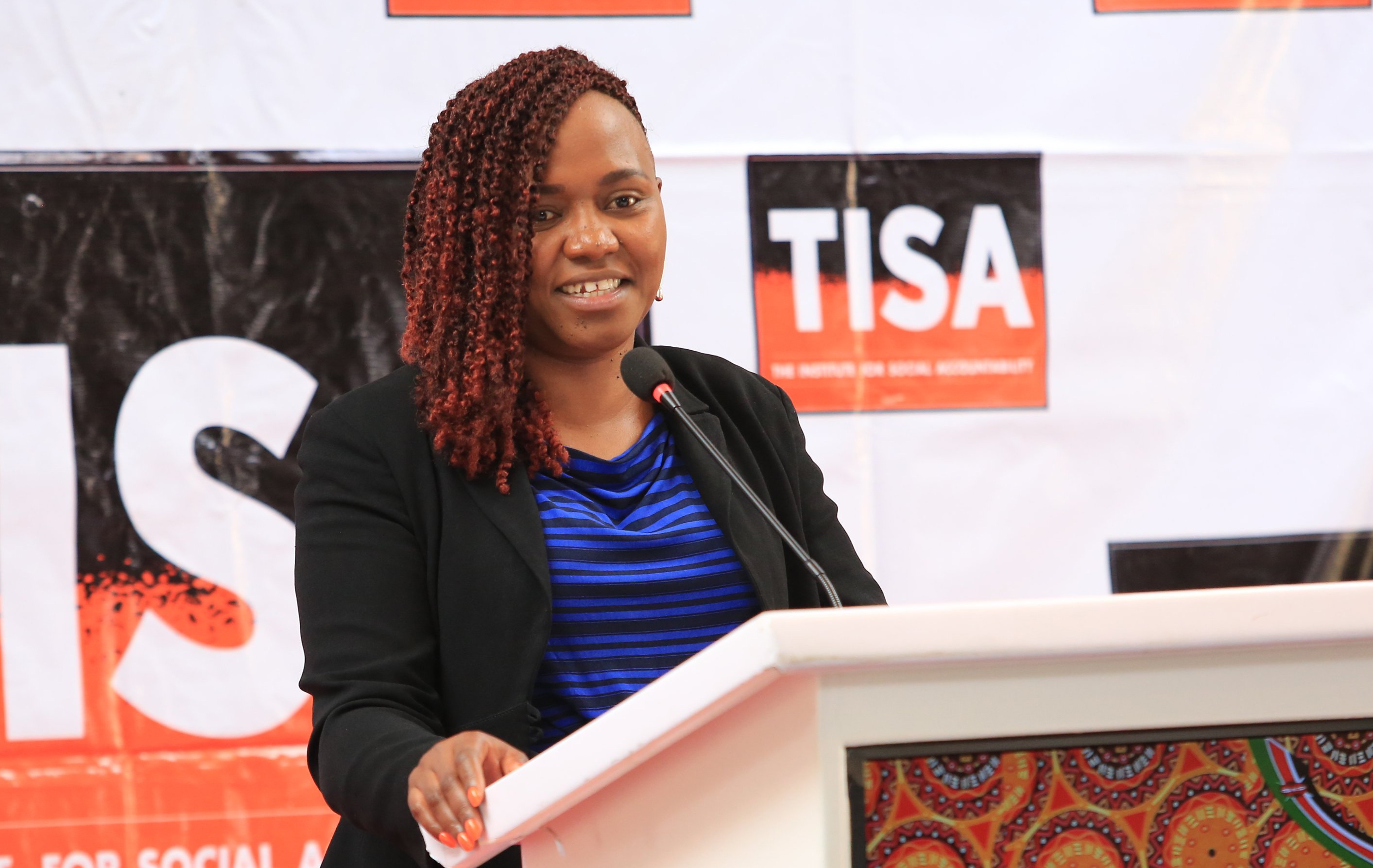We just concluded celebrating International Women’s Day with the rallying call to invest in women for accelerated progress. The confetti has not yet settled on the ground and we find ourselves, once again, summoned to battle, this time to defend one of the few remaining pillars of hope: the Linda Mama programme.
What was recently a jubilant chorus of empowerment and celebration has now turned into a sombre dirge of concern and lamentation.
The expected elimination of the Linda Mama programme as the country transitions to the new Social Health Insurance Fund should spark outrage among all Kenyans. Linda Mama was a beacon of hope for women of reproductive age who cannot afford quality maternal healthcare.
Under the programme, mothers were covered for a period of 12 months after confirmation of pregnancy and entitled to four antenatal visits, skilled delivery (normal or caesarean section), four post-natal visits, treatment and management of complications arising from pregnancy. Normal deliveries, caesarian section and peripartum complications were covered.
Mothers were able to utilise the programme throughout pregnancy, without incurring significant expenses. We all know how pregnancy and the early stages of childcare can be expensive and strenuous. With the current challenges associated with inflation, increased cost of living, and poor governance, these costs have increased significantly.
Statistics from the National Health Insurance Fund reveal a staggering, 65 to 70 per cent of deliveries in Kenya are conducted under the umbrella of Linda Mama. More than 1.1 million mothers register for the programme every year.
These numbers are not just figures; they represent real women, real families and real lives saved. The voices of healthcare providers echo the success stories, attesting to the tangible impact realised through the programme. These stories matter.
The removal of Linda Mama is a devastating blow to maternal healthcare and a threat to the fundamental right to access quality healthcare enshrined in our constitution.
Maternal health is not a partisan issue; it affects us all. When mothers struggle to afford childbirth, the entire community bears the burden. Taking away Linda Mama means that mothers will have to dig into their income to cater for delivery charges and associated costs.
The gains made in increasing the number of hospital deliveries, thereby reducing maternal complications arising from home deliveries, will be a distant memory and increased maternal and neonatal morbidity will be a new reality.
Let us not forget that policies should be rooted in the lived realities of our people. Linda Mama was born out of the struggles and aspirations of mothers and families striving for safe deliveries and optimal healthcare. To abandon it now is to forsake our collective responsibility to safeguard the well-being of our nation.
The fight to preserve Linda Mama is not just a battle for policy; it is a battle for lives. As we champion affordable maternal healthcare, we must remind ourselves that the true measure of our society's progress lies in how we protect and uplift the most vulnerable among us.
Specialist in development communications
















